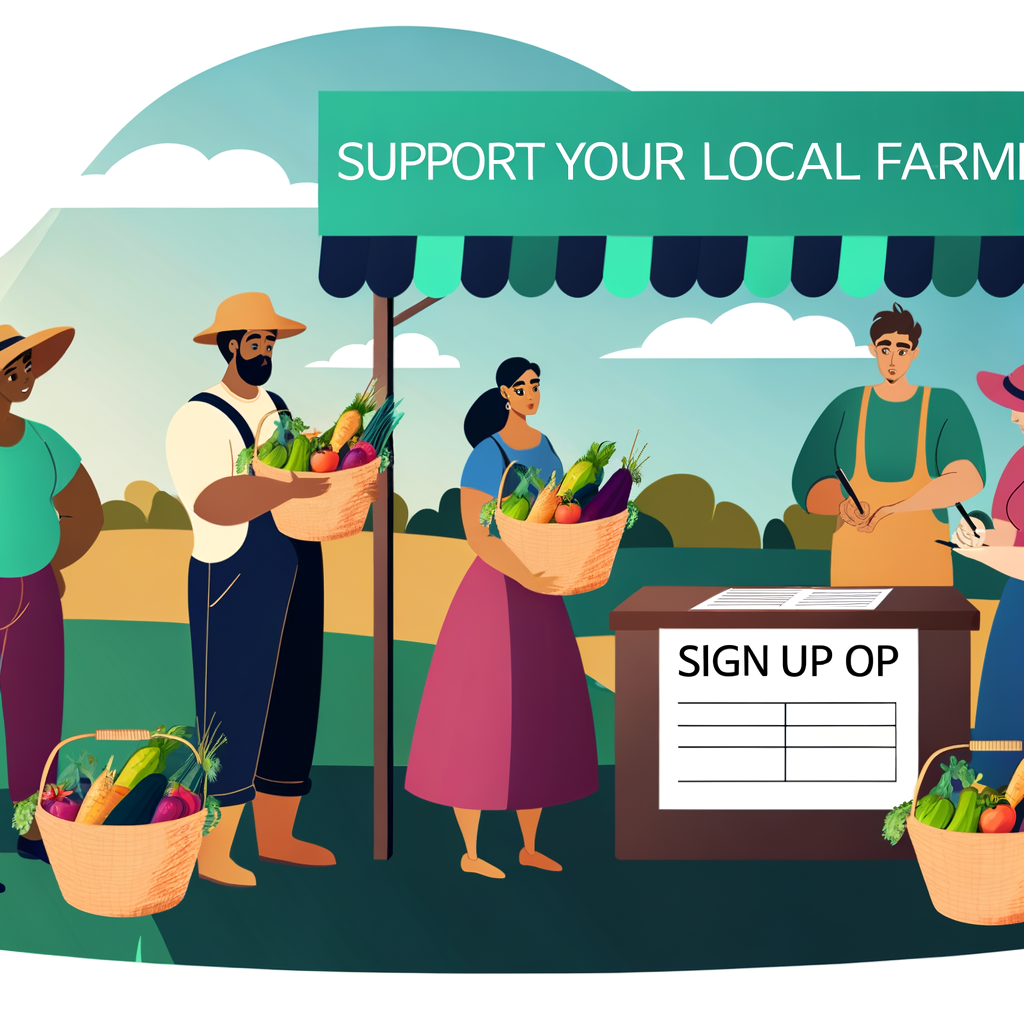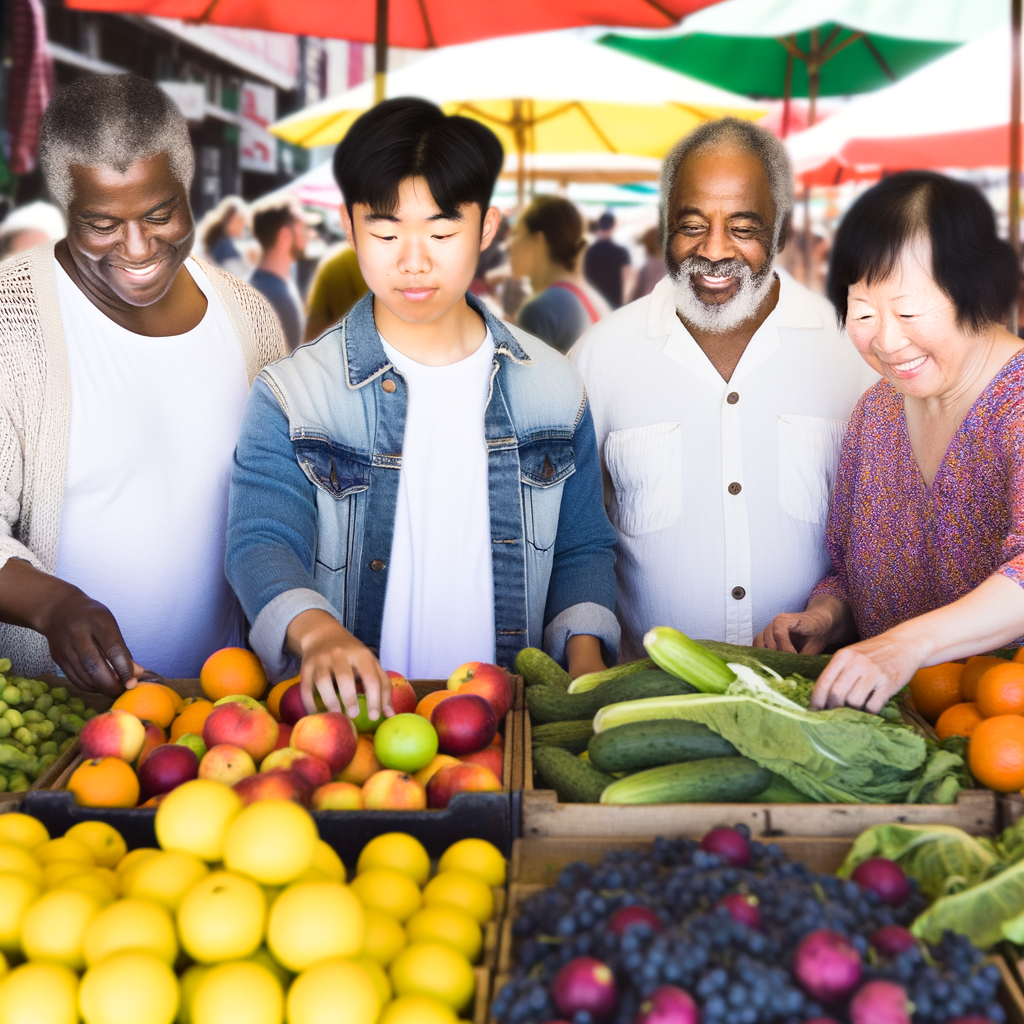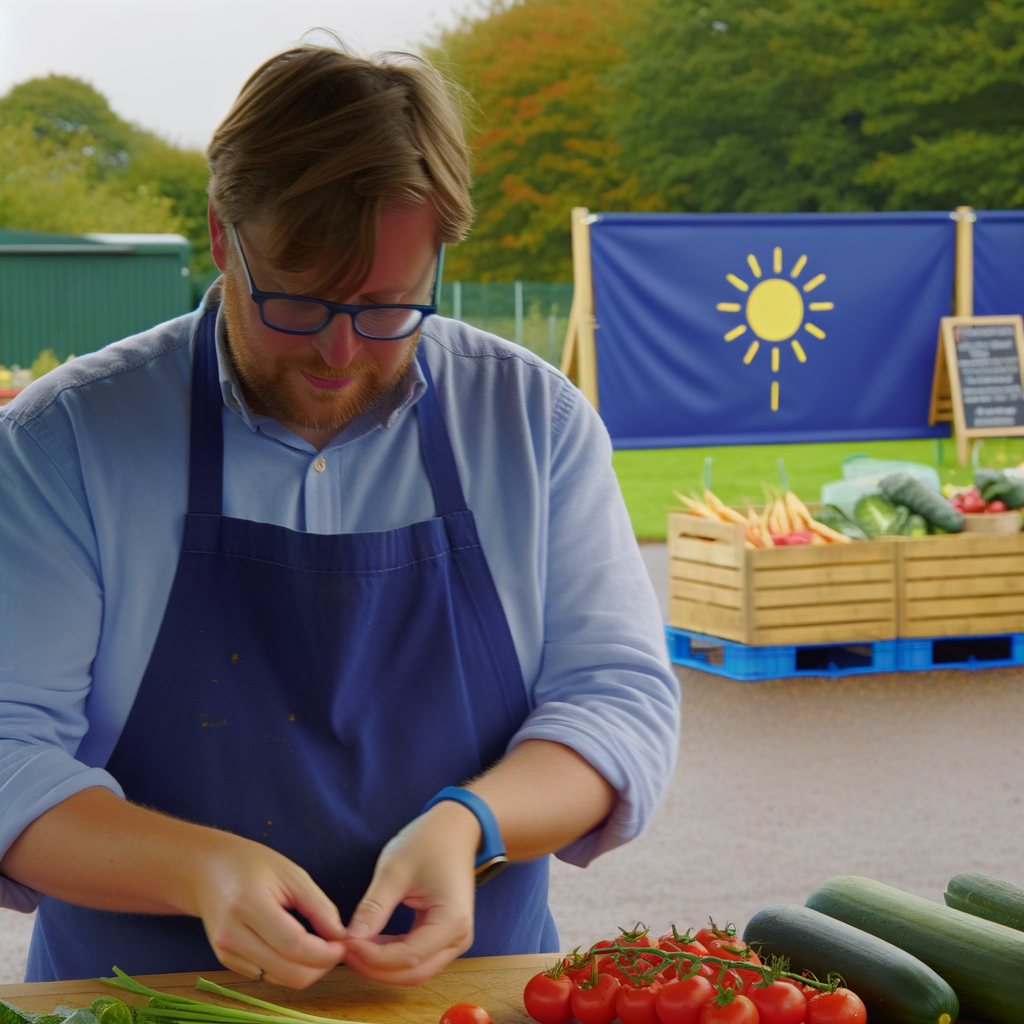Farm-to-table is a concept that has gained popularity in recent years, and for good reason. This movement focuses on bringing locally grown and produced food directly to the table, cutting out the middleman and ensuring fresher, more sustainable and ethical options for consumers. One aspect of this movement that is gaining traction is Community-Supported Agriculture (CSA). CSA is a system where consumers purchase a share of a farm’s harvest in advance, and in return, receive a portion of the farm’s produce throughout the growing season. This not only supports local farms, but also allows consumers to have a closer connection to their food.
CSA programs often offer a wide variety of fruits, vegetables, and even meat and dairy products. This not only encourages a diverse and healthy diet, but also supports small-scale and organic farming practices. By participating in a CSA, consumers are not only investing in their own health, but also in the health of their local community and environment.
In Europe, where food culture and traditions are deeply rooted, CSA is gaining momentum. In countries like France and Italy, where the concept of terroir (the unique characteristics of a specific area’s soil, climate, and farming practices) is highly valued, CSA offers a way to directly support and preserve these traditions. By participating in CSA, Europeans can also reduce their carbon footprint by reducing the distance their food travels.
As an expert chef, I have seen the benefits of using locally sourced ingredients first-hand. The freshness and quality of the produce is unmatched, and the relationships formed with local farmers have enriched my cooking experiences. I urge my fellow Europeans to embrace the farm-to-table movement and support their local communities through CSA programs.





